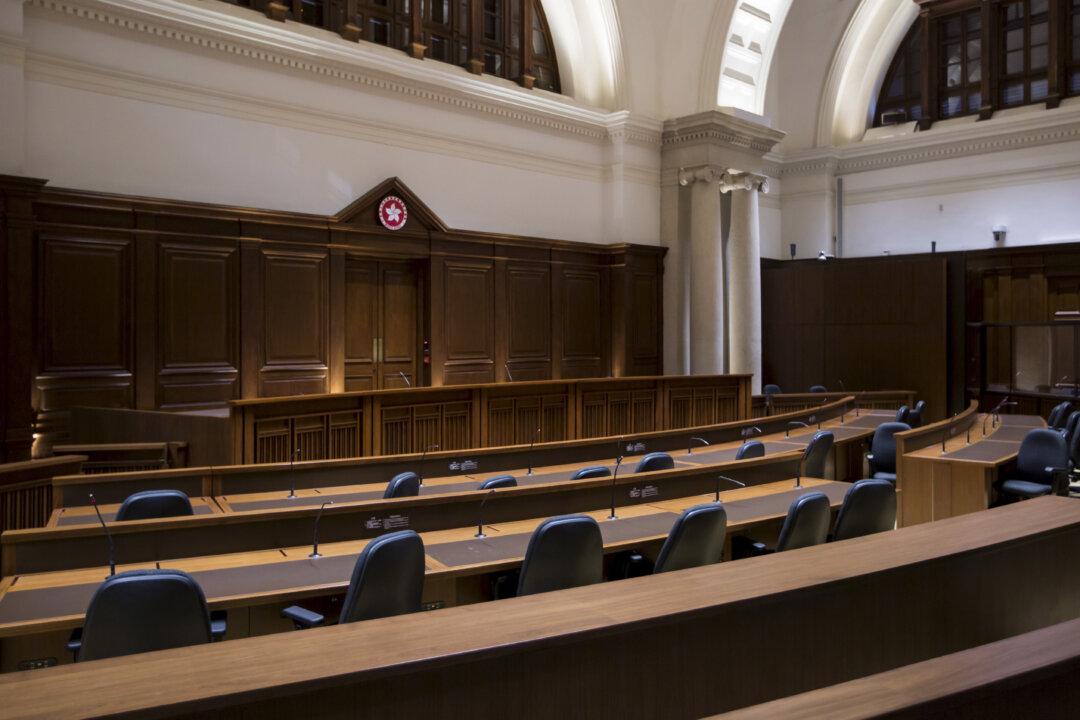Following discussions with the UK government, the president and deputy president of the UK Supreme Court on Wednesday resigned from their roles in the Hong Kong Court of Final Appeal (HKCFA).
UK Supreme Court judges have long sat on the HKCFA “in fulfilment” of the government’s obligations towards the former British colony and have done so with the support of the government, which assessed their participation “was in the UK’s national interests,” according to Supreme Court President Robert Reed.





